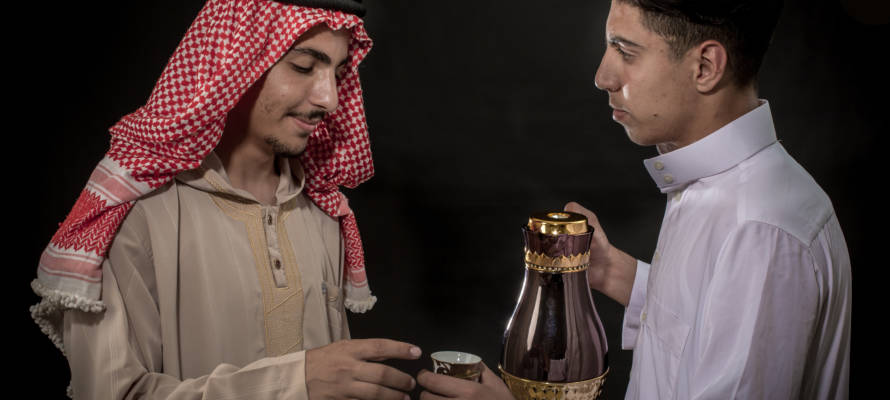Jews must show generosity and kindness to all, as we learned from our forefather Abraham, and we must fix the evil of Egypt and Sodom.
By Rabbi Ari Enkin, Rabbinic Director, United with Israel
This week’s Torah portion is “Bo” (Exodus 10:1–13:16) and towards the end of the reading we find ourselves on the night of the Exodus. Rabbi Yoel Bin Nun shares a fascinating commentary connecting the night of the Exodus with the story of Lot’s rescue from Sodom (Genesis 19).
In both episodes, God brings destruction on an evil people but spares a specific group. In the former, Egypt was being decimated by the plague of the firstborn (not to mention the previous nine plagues), while not a single Jew died. In the latter, Sodom and its cities are destroyed, while Lot, and most of his family, are saved.
Another connection is something that most readers might have missed. The night of the Exodus, was of course, Passover night, the very first Passover night in fact. So too, the night of the destruction of Sodom was on the night that would become Passover in the future! (See Genesis 19 with commentaries).
Lot was saved from the destruction of Sodom in the merit of his uncle Abraham, as it says “God remembered Abraham, and so He sent Lot away from the destruction.” So too, the Jewish people were redeemed from Egypt in the merit of the covenant with Abraham (and Isaac and Jacob), as it says, “God remembered His covenant with Abraham, Isaac, and Jacob.”
There is even a direct literary connection between the two stories. The words “kumu tze’u” (“Arise and leave!”) are spoken by the angels as they urged Lot and his family to leave Sodom and it is also the words that Pharaoh used when freeing the Jewish people from Egypt that night. There is also the additional commonality of the word “mehameia” (“delay”), which is used to describe Lot’s delayed departure from Sodom, as well as the Jewish people’s frantic departure from Egypt (“and they did not delay”).
Another connection between the two events is the theme of hospitality. One of the main reasons that Sodom was destroyed was its total ban on extending kindness to strangers. Indeed, the angels who came to Sodom appeared as wayfarers seeking hospitality and were almost killed in the process. So too, Lot’s family was threatened for having taken the “strangers” into their home.
Similarly, at first, the Jewish people were welcomed and well treated in Egypt. This lasted for as long as Joseph was the governor of the land. After Joseph passed away, the Jews were abused and enslaved. So much for Egyptian hospitality.
Note that the Passover Seder opens up on the theme of hospitality as we begin the Seder by inviting guests and “all who are hungry” to join us in our homes and at our tables. In other words, as we begin the Passover Seder, which recalls our ancestors’ experiences (both before and after the Exodus), we are also recalling the destruction of both Sodom and Egypt, and we commit ourselves to fixing their mistake by offering hospitality to all who are needy.
As Jews we are obligated to proclaim and show generosity and kindness to all as we learned from our forefather Abraham and we must live to fix the evil of Sodom and Egypt.
For more insights by Rabbi Enkin, click on the links below.
https://unitedwithisrael.org/living-torah-the-ideal-leadership/
https://unitedwithisrael.org/living-torah-what-can-dogs-teach-us-about-the-power-of-change/
Send 'Warm Winter' Care Packages to Israeli Soldiers - They are Cold!
We are honored to thank the young men and women of the IDF who risk their lives every day to defend the citizens of Israel.
Join us in sending winter care packages and personal notes of support to Israeli soldiers who are out in the cold all day.
Warm up a soldier's heart with essential winter wear including fleece jackets. Keep an entire unit warm by ordering 10 packages... The soldiers truly appreciate your love and concern!

